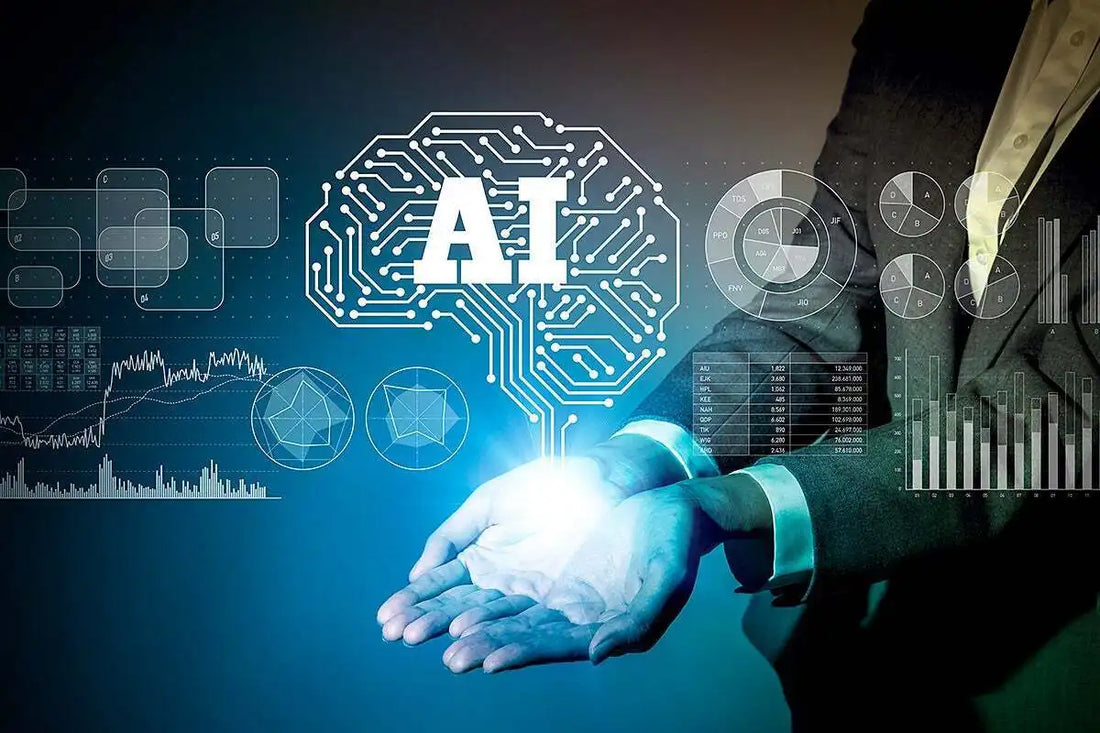AI Revolutionizes Hiring: Efficiency and Ethics Emerge
Dr. Anya SharmaAI transforms HR, boosting efficiency but demanding ethical AI implementation.

Artificial intelligence is rapidly transforming human resources, offering unprecedented efficiency and data-driven insights, but also raising ethical concerns. AI's ability to automate tasks, analyze data, and predict outcomes is reshaping recruitment, employee engagement, and compliance.
This shift requires HR leaders to balance innovation with accountability, ensuring fairness and transparency in AI-driven processes.
Highlights
- AI adoption in HR is soaring, with 87% of companies using AI-driven tools for recruitment.
- AI streamlines hiring by automating tasks, reducing costs, and improving candidate matching.
- Ethical concerns remain, requiring transparency and human oversight to prevent bias.
Read More: Xbox to be like Office: Everywhere, says Nadella
Top 5 Key Insights
• Increased Efficiency: AI significantly enhances recruitment efficiency by automating resume screening, scheduling interviews, and analyzing candidate data, reducing time-to-hire by up to 50%. This allows recruiters to focus on building relationships and strategic hiring decisions.
• Cost Reduction: AI-powered hiring tools can reduce recruitment costs by up to 30% by streamlining processes and minimizing manual workload. Conversational AI can lead to an 87.64% reduction in financial costs compared to traditional methods.
• Improved Candidate Matching: AI algorithms can analyze vast amounts of data to identify ideal candidates based on job requirements and company profiles, improving candidate matching by 67%. This leads to more effective hiring decisions and better job performance.
• Bias Mitigation: AI can help reduce human bias in hiring by assessing candidates based on skills and qualifications rather than superficial attributes. However, it is crucial to ensure that the data used to train AI models is unbiased to avoid perpetuating discrimination.
• Enhanced Employee Engagement: AI can improve employee engagement by tailoring tasks, training, and feedback to individual preferences, creating a sense of belonging and value. AI-driven tools can analyze communication patterns and employee sentiment, helping HR teams proactively identify and address issues.
Read More: Jessica Alba's Net Worth: Acting, Business & Real Estate
Expert Insights
Prem Kumar, CEO and co-founder of Humanly: "It allows the recruiters to spend more time building relationships with that shortlist of qualified candidates rather than going through hundreds of resumes."
Divya Divakaran, Director of Human Resources at EVS: "To establish ethical AI guidelines, organizations should ensure transparency, fairness, and accountability."
Read More: Beyoncé's Net Worth Rises, Driven by Tour
Wrap Up
The integration of AI into HR is transforming the way organizations manage talent, optimize processes, and drive innovation. While AI offers significant benefits, it is essential to address the ethical and practical challenges associated with its implementation.
By balancing AI's capabilities with human oversight, HR leaders can create a more efficient, equitable, and engaging workplace.
Read More: Chegg Cuts Staff, CEO Replaced Amid AI Disruption
Author
Dr. Anya Sharma - A globally recognized business strategist and management consultant with over 18 years of experience. She shares her insights on strategic planning, leadership, and navigating the global business landscape with Enlightnr readers.
More to Explore
- Choosing a selection results in a full page refresh.
- Opens in a new window.




